A blue-green agenda for Trinidad and Tobago
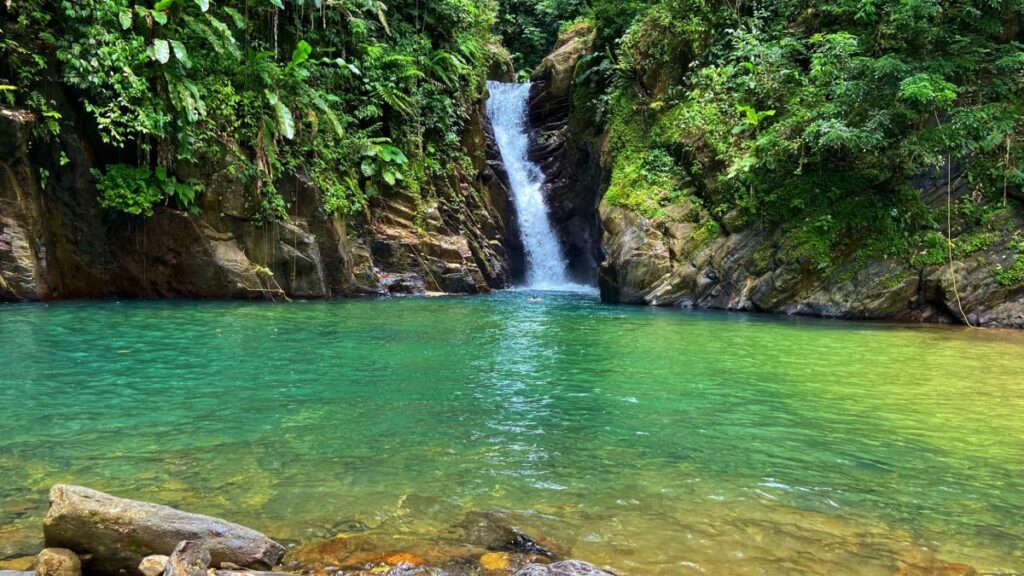
Is there a political party that will take up the challenge of an economy based on nature? Dr Anjani Ganase asks.
THE dialogue of elections in Trinidad and Tobago seems to be stuck on construction and crime. Meanwhile the world is shifting rapidly from the era of globalisation while enduring a climate crisis.
The health of our people is intertwined with the health of our environment. The same environment which provides clean water and food security also provides areas of learning for innovation, adaptation and education.
Should a vision of our future not set goals for conservation of nature today, and secure sustainability for future generations. Let us begin to craft a new manifesto and use it to guide us.
Preamble
Let us appreciate our land 5,128 sq km and ocean (77,502 sq km) resources that constitute the Caribbean island state of TT. Let us recognise that it is a tiny part of Earth but enough for all our people. Let us appreciate the diversity of our population with roots in every other part of Earth.
Recognising that all creatures on land and in the sea are not only alive and deserve life, but necessary for balance, well-being, and climate of our two islands in an immense ocean ecosystem in a Caribbean context as well as globally, let us adjust our thinking that a balanced economy is based on extraction and sale of oil and gas. Let us include all nature.
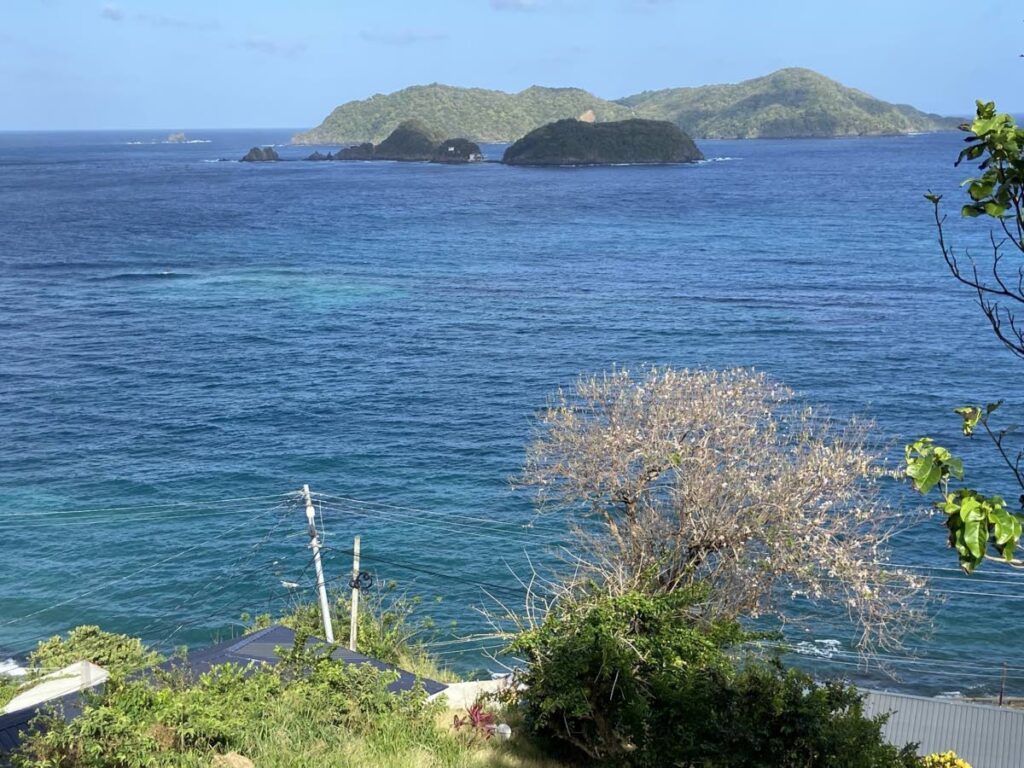
Recognising our responsibility to care for the sea around the islands; and recognising how integral the water and land, mountains, rivers, trees, birds, animals, turtles, fish, toads, bees, insects are to the whole, let us align social and economic well-being with environmental well-being.
Recognising that the well-being of all human life on these lands, citizens and visitors, guests, of all ethnicities, genders, age, ability, secures the well-being of families, communities and underpins the health and prosperity of the nation state, let us consider the well-being of our land and seas as the foundation.
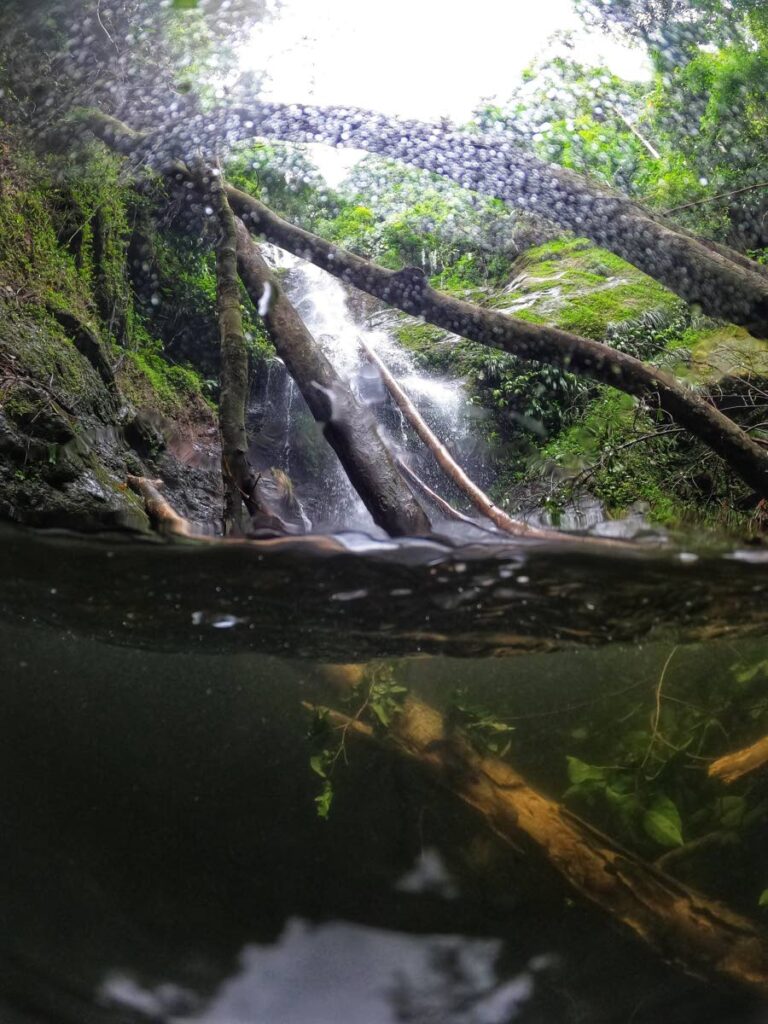
Recognising that TT is a microcosm of Earth’s peoples, cited and studied as an example of harmony in diversity which is still evolving and must be actively sustained, let us cherish and enrich that diversity through respect for diversity in nature and diversity of expressions in the arts and culture.
Recognising that our land and ocean provide resources and benefits that must be managed, conserved and protected for the benefit of future generations, let us build mutually beneficial relationships with each other and the earth.
People first
As citizens of TT, our identity is rooted deeply in our land, sea and culture. We intend to be a people-centred society, flourishing in our understanding and cultivation of the natural systems, rich cultural heritage and the unique representation in the arts. Investment in people as our greatest asset is urgently required; there must be a deliberate and conscious turn to use of resources for people.
Children first
We recognise the natural curiosity and creativity of all children. From early childcare through primary school, basic teaching/ learning will centre on exploration of nature in school gardens, backyards, playgrounds, cultivated and natural areas; with core values at the heart of all learning. Through shared experiences, children learn gentleness with the earth and its creatures; and kindness to each other.
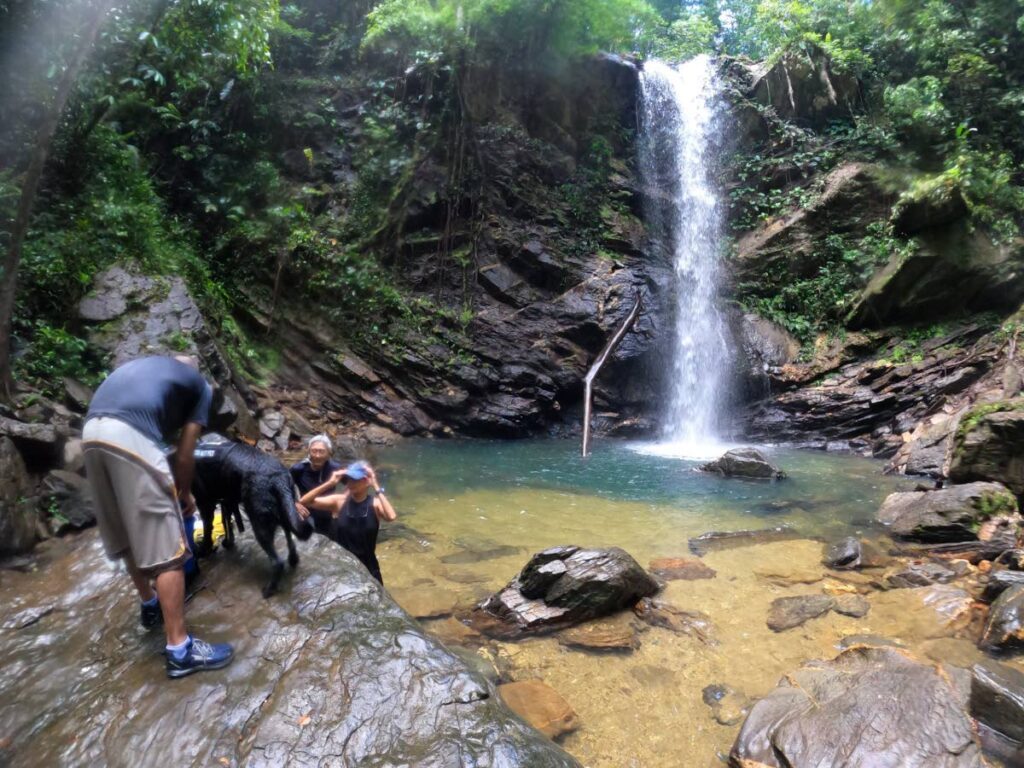
The education system will require more teachers constantly updated through regular peer assemblies and seminars. Core values, kindness and appreciation of nature, music, imagination, diversity and creativity must be nurtured from birth.
Information and skills are changing rapidly and our children will learn resilience and adaptability by first learning to love the Earth and caring for it.
State services
Water, energy, communications and transport are the essential elements that all our people rely on. The cost of these to citizens should remain low; this might be the most even-handed way to support the well-being of all citizens. Maintenance and management of distribution of water and electricity, must take priority, reimagined using smart technology and decentralised for better distribution and storage.

Internet services should be widespread and available as far as possible. Inexpensive and eco-friendly housing solutions (including financing and employment opportunities) should be offered to improve the housing stock of those living in poverty.
Health and wellness
Wellness is one of the core values that children should be exposed to. Healthy choices and social practices are preventative measures for a long life. Shift away from pharmaceutical dependency to the right food and exercise. School-feeding programmes should be delivered by people who explain what they are serving and why; and consider religious and dietary norms across the society.
On a daily basis, we need to prize what is home-grown and nutritious for meals. Permaculture principles must be promoted and community gardens established and expanded. We can feed ourselves and each other.
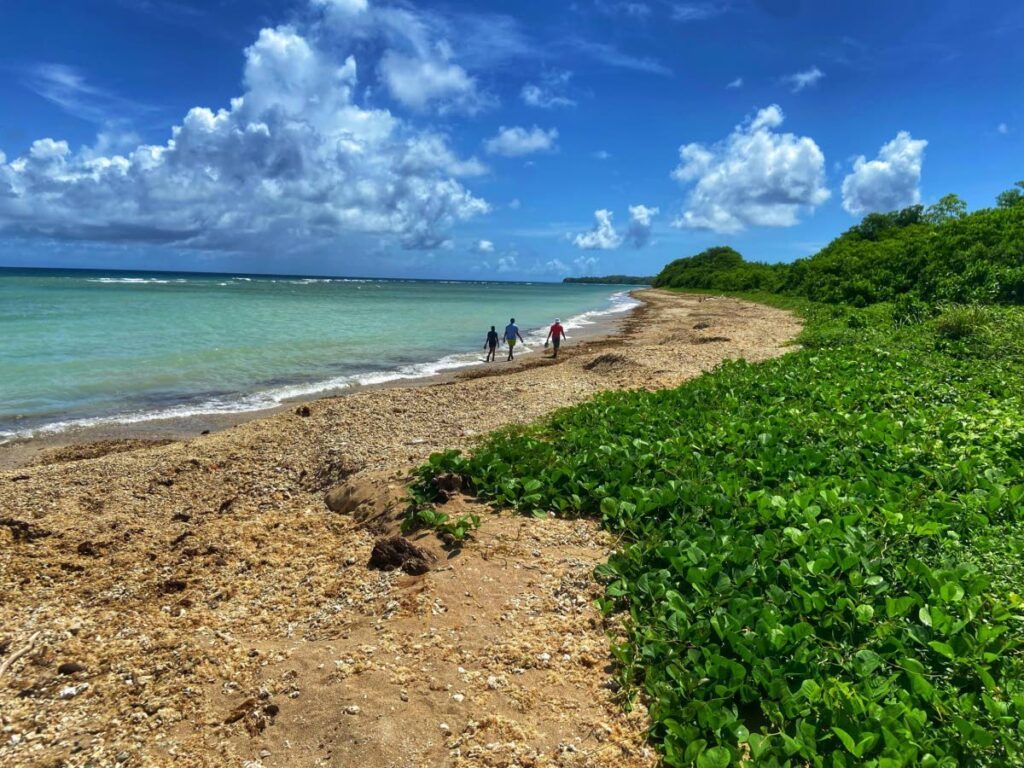
Conservation and use of special heritage areas
The National Protected Areas Systems Plan for Trinidad and Tobago (FAO 2018) should be operationalised and managed to ensure widespread and wise use of parks and reserves. Let’s effect the many environmental plans – fisheries, integrated coastal zone management, the marine park bill – that have been shelved for decades. These will provide worthwhile employment for citizens who will deepen understanding that sustainable use of natural resources promotes long-term environmental health, and fosters economic growth.
Special designations like the Unesco North-east Tobago Man and Biosphere Reserve and the Unesco City of Music should be used to instruct and inspire, and become a source of pride for citizens. More than sun, sea and golf, the nature on our islands, the people and their culture attract and engage visitors.
Conservation of marine resources
The National Protected Areas Systems Plan also delineates areas for protection and conservation in the seas under our purview, our Exclusive Economic Zone.
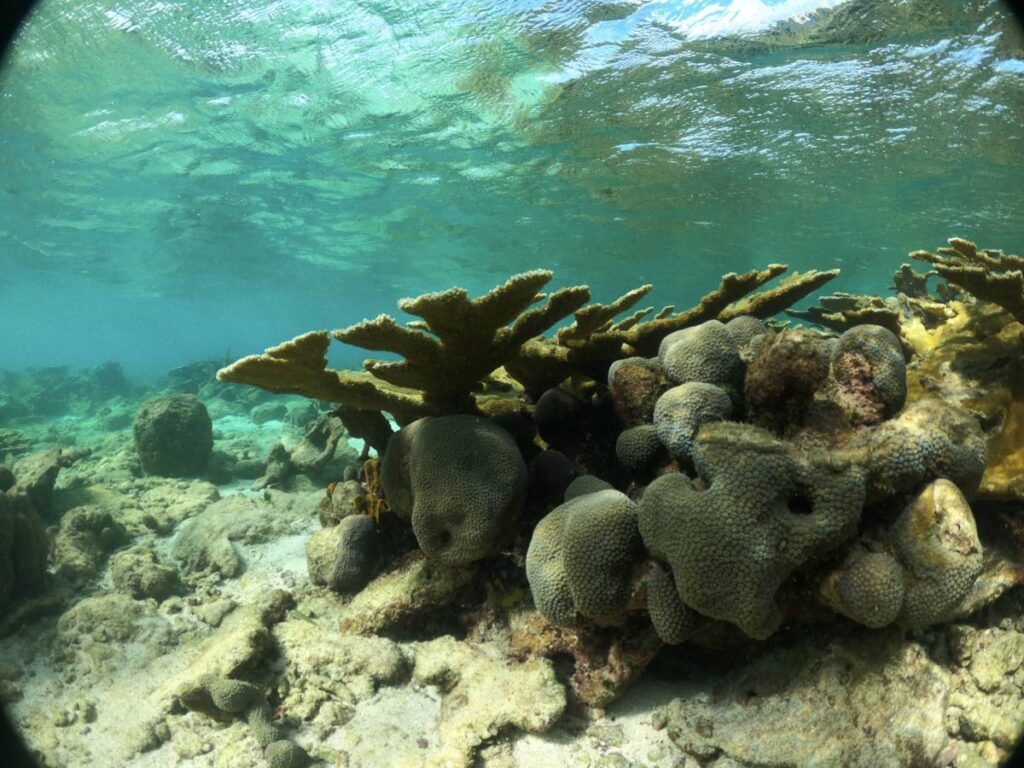
Marine scientists and organisations should be engaged to explore, identify and manage the diversity of our ocean ecosystems in the context of the larger connected seas, the Atlantic, the Caribbean, the Gulf of Paria and South American rivers.
In a world of depleting ocean stock, temperature rise and widespread pollution, we must protect our marine health and influence protection of the connected Caribbean. We may be many islands but there’s one ocean.
New vision
This agenda intends to deliver a new vision for TT, building on the social structures, legal supports that are already in place in our society. It is not comprehensive but it can be start of a conversation for a more holistic and healthy direction.

Comments
"A blue-green agenda for Trinidad and Tobago"